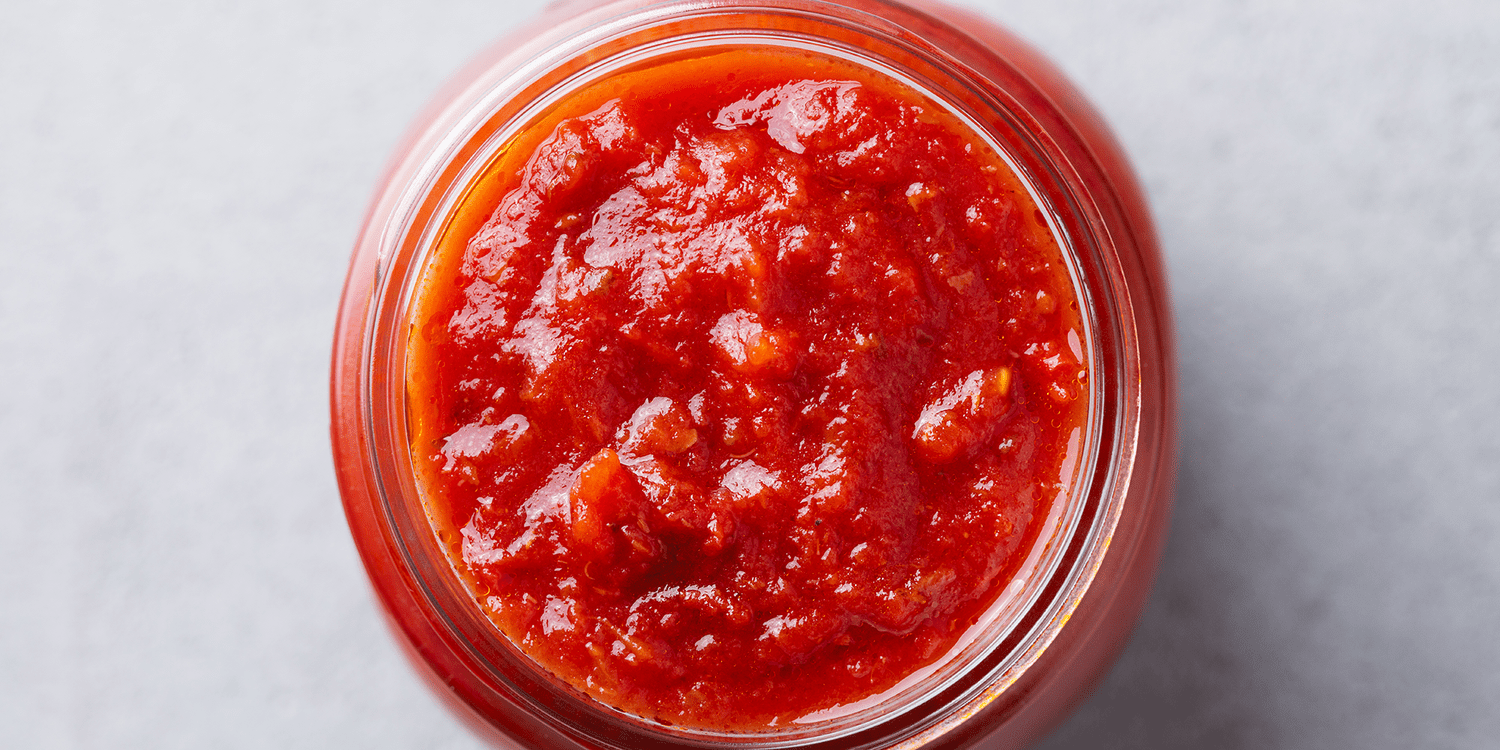So you’ve made spaghetti for one, and now you’re left with most of a jar of pasta sauce. It’s wonderfully convenient to screw the lid back on and toss it in the fridge. We’ve all accidentally left that jar in the fridge well past its usability date, but how long does it really last?
How Long Does Open Pasta Sauce Last?
Unopened, jarred pasta sauce is sealed for long-term storage and can live in the back of your pantry for months. Once opened, though, it’s a different story. Tomato-based pasta sauce is inherently acidic, but extra acid is added to be safe for shelf-stable canning. This helps slow the growth of bacteria, but it doesn’t stop it entirely.
Once opened, it’s best to use your jar of pasta sauce in about five to six days. For sauces that contain dairy, like Alfredo or other cream sauces, it’s best to stick to three or four days. Unlike bread or other foods, mold is less of a concern — of course, if you leave that jar long enough, mold will certainly grow. The primary issue is bacteria that can cause foodborne illness. Unfortunately, you can’t see these bacteria, so perfectly safe and totally dangerous sauce can look exactly the same. Generally, by the time mold starts to form, the potentially harmful bacteria are already there and flourishing.
What’s in Jarred Pasta Sauce
Just like homemade pasta sauce, the jarred version usually contains cooked tomatoes. But different varieties can sometimes contain other ingredients that may speed up spoilage or present their own risks, like milk or cheese. Unlike the pasta sauce you might make at home, jarred pasta sauce contains extra acid and preservatives. These are usually added to prolong the lifespan of the sauce and safeguard against harmful bacteria. This means jarred pasta sauce will usually last a bit longer in the fridge than a homemade variety.
How to Store Open Pasta Sauce
The most important thing to remember when storing open jars of pasta sauce is the temperature. All refrigerated food should be stored at 40 degrees F or lower, and your home fridge should be at or under that temperature. Most should hover around 37 degrees or so for optimal results. But it might surprise you to hear that even if your fridge is set to 37 degrees, different spots within the refrigerator are at different temperatures. The door is the warmest part of your fridge, while the back of the shelves is the coldest. It might be tempting, but never store your pasta sauce in the door shelves — the slightly warmer temperature will accelerate spoiling.
You might also consider taking a page from restaurant kitchens and transfer your sauce from the jar into a clean, air-tight container. This helps keep things sanitary and avoid any contaminants from the jar. Take it one step further, quickly jot down the date you opened it on a piece of masking tape, and stick it to the container. That way, you know exactly how old it is and when it should be tossed — no more wondering if that jar you just found hiding in the back is from this Tuesday or last month.
How to Tell if Jarred Pasta Sauce Is Bad
Unfortunately for us, the dangerous bacteria that can grow in jarred pasta sauce can’t be seen and often have no odor. However, any abnormal smell, especially a sour or rotten scent, is a surefire way to know that your sauce is past its prime. If the sauce has been opened for less than five days, give it a small taste; if it tastes off or sour in any way, it’s time to throw it out.
Always look out for mold as well; it can happen in an instant with jarred pasta sauce, sometimes even before the five-day mark. Mold spores are floating around in the air and land on surfaces all over our house, so always make sure to use a clean spoon to scoop your sauce to avoid introducing any extra spores into your jar. If you feel like your sauce might be on the edge of spoilage, stick to the old saying, “when in doubt, throw it out.”
Related:
- How Long Does Boxed Chicken Broth Stay Good in the Fridge?
- How Long Do Eggs Last in the Fridge?
- How Long Does Ground Beef Last in the Fridge?
- How Long Does Cooked Chicken Last in the Fridge?




